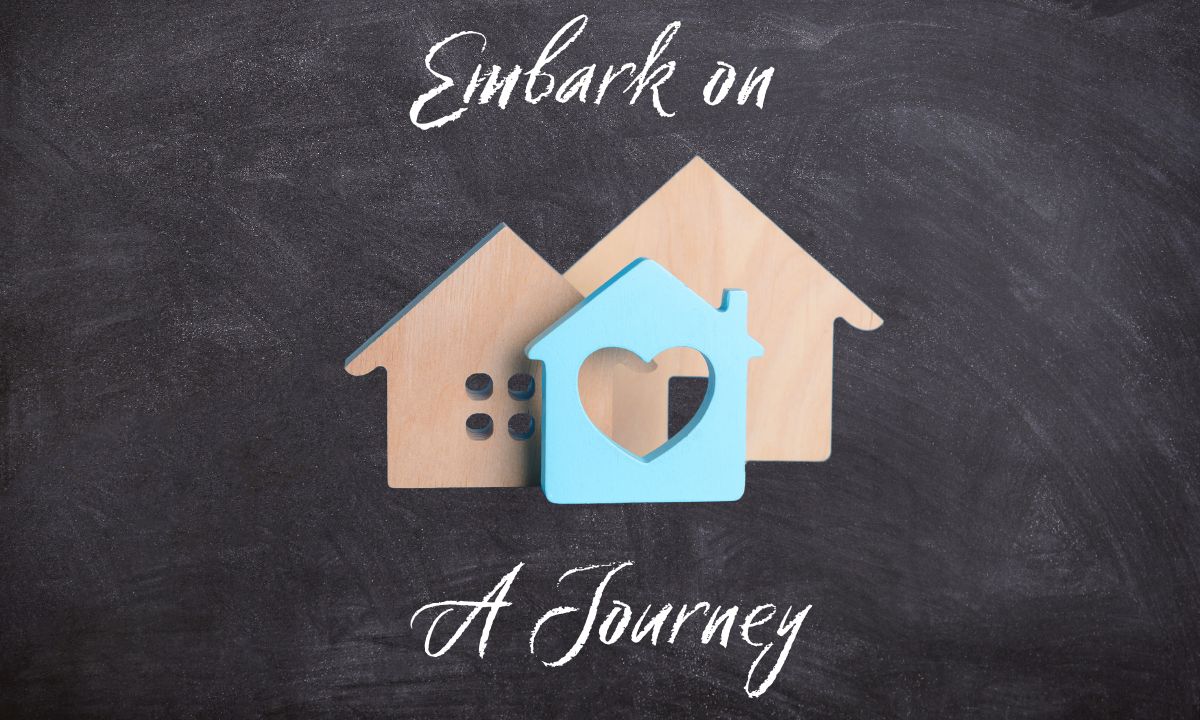 Purchasing your first home is an exciting milestone, but it can also feel overwhelming without a clear plan. With so many moving parts, from financial prep to evaluating potential homes, having a comprehensive checklist can help simplify the process. Here’s everything you need to consider to make your home-buying journey smoother and more successful:
Purchasing your first home is an exciting milestone, but it can also feel overwhelming without a clear plan. With so many moving parts, from financial prep to evaluating potential homes, having a comprehensive checklist can help simplify the process. Here’s everything you need to consider to make your home-buying journey smoother and more successful:
1. Get Your Finances in Order
- Check Your Credit Score: Lenders rely heavily on your credit score. Aim for a score of 620 or higher to qualify for a conventional loan, though some programs accept lower scores.
- Save for a Down Payment: Depending on the type of loan, you may need anywhere from 3% to 20% of the home’s price. Be sure to budget for closing costs and emergency funds.
- Get Pre-Approved: A pre-approval letter strengthens your position when making offers. It shows sellers you’re serious and capable of securing financing.
- Consider First-Time Buyer Programs: Look into local, state, or national programs designed to assist first-time homebuyers with down payments, tax credits, or low-interest loans.
2. Determine Your Budget
- Know Your Monthly Budget: Factor in mortgage payments, taxes, insurance, and potential maintenance costs. Leave room for unexpected expenses!
- Factor in the Long-Term: Think about future life changes—do you plan to expand your family? Relocate for a job? Buy with a forward-looking approach.
3. Start the Home Search
- List Your Must-Haves vs. Nice-to-Haves: Prioritize things like location, the number of bedrooms, and school district over less critical features like a pool or finished basement.
- Work With a Real Estate Agent: Partner with an agent who understands your needs and local market trends, providing valuable insights and helping you find the best options within your budget.
4. Visit Properties & Make a Decision
- Attend Open Houses and Viewings: Bring a checklist of what to look for—condition of the roof, HVAC system, foundation, and neighborhood noise levels. Take photos and notes for future reference.
- Ask Questions: What’s included in the sale? How old are the appliances? What’s the community like? Knowing the details can help you avoid future surprises.
- Look Beyond the Surface: Fresh paint may hide issues. Inspect areas like the basement, attic, and behind large appliances for potential red flags.
5. Seal the Deal
- Make an Offer: Your agent will help you craft a strong offer based on comparable properties and market conditions. Be prepared to negotiate!
- Schedule an Inspection: A home inspection ensures the property is in good condition. If issues arise, you can request repairs or adjust the offer accordingly.
- Close the Deal: Once everything checks out, you’ll finalize your mortgage, sign the paperwork, and receive the keys to your new home! Buying your first home can feel daunting, but by following this checklist, you’ll have the confidence to make informed decisions at every step.
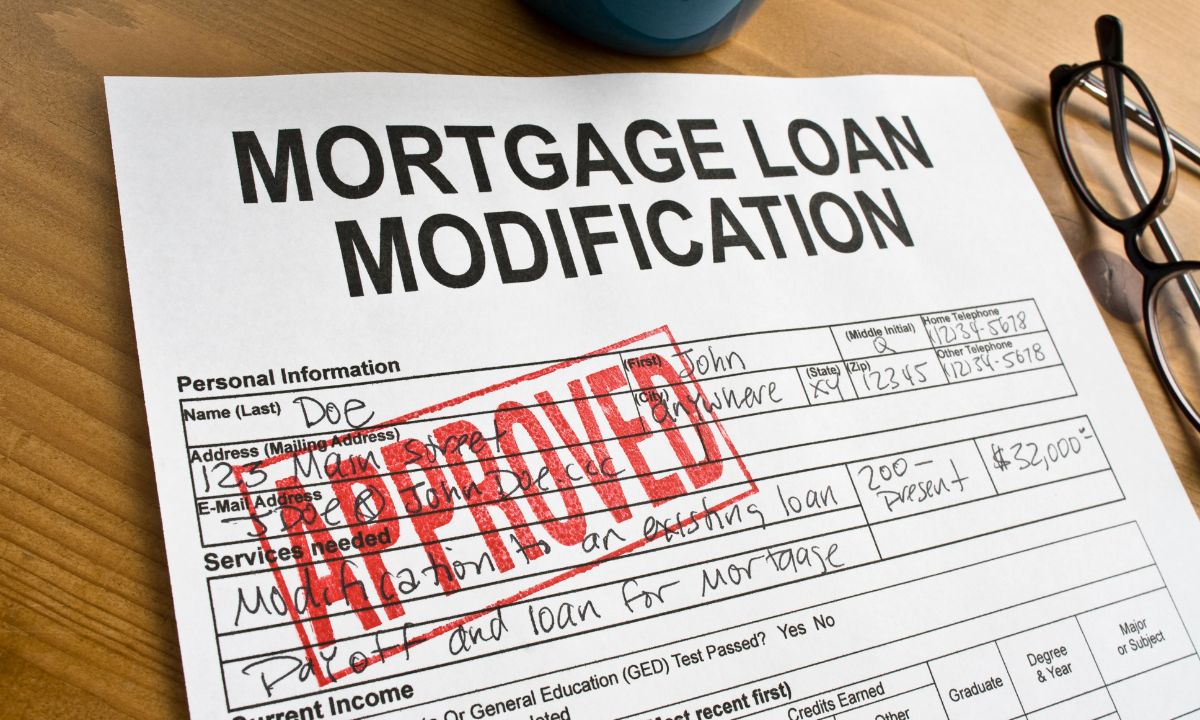 In times of financial hardship, such as job loss, medical emergencies, or economic downturns, homeowners may find it challenging to keep up with their mortgage payments. When facing such difficulties, understanding options like mortgage forbearance and loan modification can be crucial for maintaining stability and avoiding foreclosure. Let’s discuss what homeowners need to know about mortgage forbearance and loan modification, including their differences, implications, and how to navigate these options effectively.
In times of financial hardship, such as job loss, medical emergencies, or economic downturns, homeowners may find it challenging to keep up with their mortgage payments. When facing such difficulties, understanding options like mortgage forbearance and loan modification can be crucial for maintaining stability and avoiding foreclosure. Let’s discuss what homeowners need to know about mortgage forbearance and loan modification, including their differences, implications, and how to navigate these options effectively.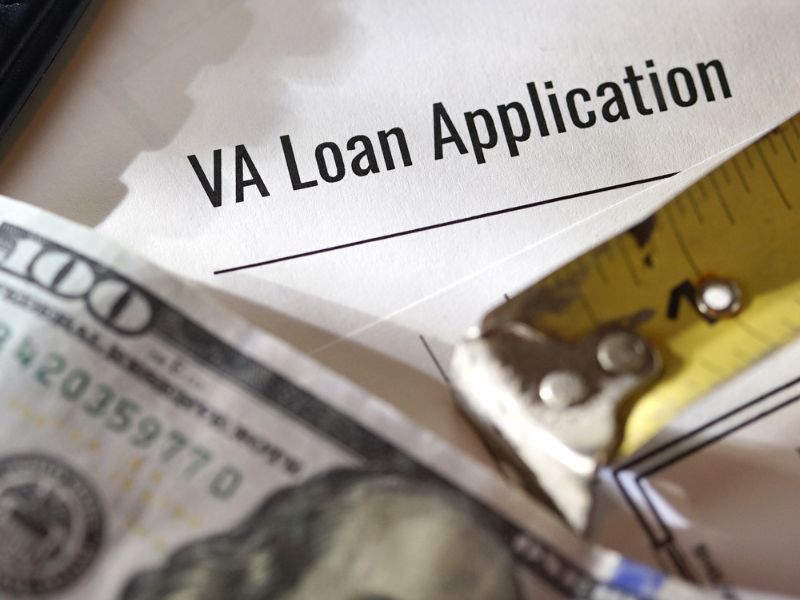 For the brave men and women who have served in the armed forces, the dream of homeownership becomes more attainable and rewarding through the power of VA loans. We will discuss the unique features that make VA loans a tool for veterans, empowering them to secure homes with financial flexibility and favorable terms.
For the brave men and women who have served in the armed forces, the dream of homeownership becomes more attainable and rewarding through the power of VA loans. We will discuss the unique features that make VA loans a tool for veterans, empowering them to secure homes with financial flexibility and favorable terms. In the world of personal finance and homeownership, there’s a common debate: should you pay off your mortgage early, or is it better to take a more relaxed approach to your home loan? While the idea of being mortgage-free is undoubtedly appealing, there are compelling reasons why you might not need to rush to pay off your mortgage ahead of schedule.
In the world of personal finance and homeownership, there’s a common debate: should you pay off your mortgage early, or is it better to take a more relaxed approach to your home loan? While the idea of being mortgage-free is undoubtedly appealing, there are compelling reasons why you might not need to rush to pay off your mortgage ahead of schedule.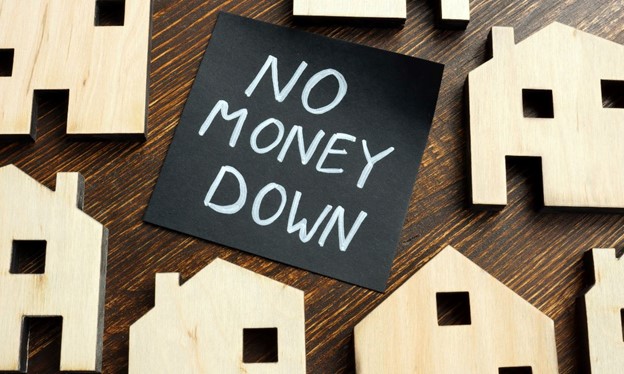 “No-deposit” mortgage deals for first-time buyers refer to mortgage options that allow buyers to purchase a home without having to put down a deposit or a down payment. Here are the pros and cons of such deals:
“No-deposit” mortgage deals for first-time buyers refer to mortgage options that allow buyers to purchase a home without having to put down a deposit or a down payment. Here are the pros and cons of such deals: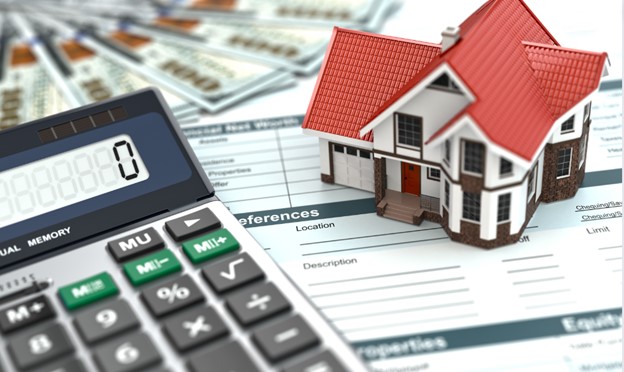 Calculating mortgage payments involves several variables, including the loan amount, the interest rate, and the loan term. Here are the steps to calculate mortgage payments:
Calculating mortgage payments involves several variables, including the loan amount, the interest rate, and the loan term. Here are the steps to calculate mortgage payments: